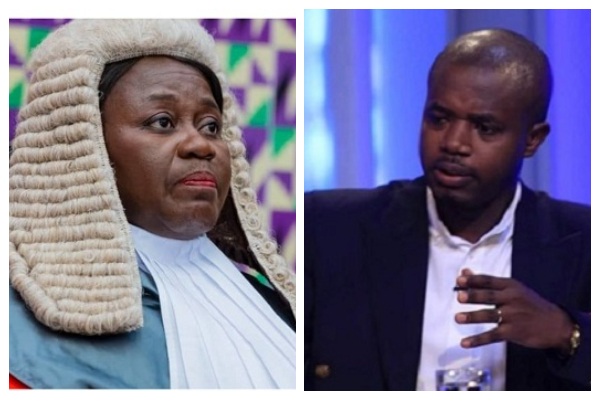HARARE – Prominent leaders within the Seventh-day Adventist (SDA) Church have publicly backed controversial business mogul and philanthropist Kudakwashe Tagwirei as he edges closer to formal participation in Zimbabwean politics. The endorsement follows rising internal tensions within the church after Zanu PF’s Harare provincial leadership recently recommended that Tagwirei be co-opted into the party’s Central Committee — its highest decision-making body outside of congress. While some SDA congregants have expressed unease over his political ambitions, citing potential conflicts with the church’s religious mandate, a growing number of church leaders say such involvement is not only acceptable but “increasingly common” worldwide.
The debate intensified after a petition surfaced calling for the revocation of Tagwirei’s Global Award of Excellence, which he received from the SDA Church’s General Conference during a ceremony at Solusi University near Bulawayo last month. The petition, reportedly submitted by a group of concerned members, was also sent to the Zimbabwe Union Conference, the Southern Africa-Indian Ocean Division (SID), and the 62nd General Conference Session. Tagwirei made history as the first black recipient of the award — the highest accolade conferred by the General Conference — which honours individuals for their contributions to global education within the church.

However, the move to rescind the award has been met with fierce resistance from fellow Adventists, who see it as a politically motivated attack. Mwemba Maluba, a member of Lusaka Central SDA Church, dismissed the criticisms as part of an orchestrated smear campaign. “It is vital that we, as a community, do not fall victim to these orchestrated attacks that aim to sow discord and diminish the credibility of honourable individuals and the church,” he said.
A joint statement issued by Heather Dube from City Centre Church described the campaign against Tagwirei as a backlash from individuals who allegedly failed to secure financial support from the businessman. “This organised campaign is rooted in frustration. These detractors were unable to secure financial backing from Dr Tagwirei for their own agendas, prompting them to resort to character assassination,” Dube said.
She added that entering politics does not contradict one’s spiritual calling. “The world needs to know that it is normal to be active in politics and remain a servant of God.” Oswald Ngarande, another church member, cited several global examples of Adventists participating in mainstream politics.
“Former General Conference president Ben Carson is a Republican politician, the Vice-President and Finance Minister of Botswana is an Adventist, and here in Zimbabwe, the late Vice-President John Landa Nkomo was also an Adventist.” The Global Award of Excellence is designed to recognise outstanding contributions to education within the Adventist Church. The General Conference cited Tagwirei’s philanthropic efforts, particularly in supporting SDA institutions and scholarships in Zimbabwe and beyond.
Despite being a controversial figure due to his perceived closeness to the ruling elite and opaque business dealings — especially in the energy sector — Tagwirei remains a significant benefactor in both church and state spheres. Politics and Pulpit: Blurred Lines? Tagwirei’s entry into the political limelight has reignited long-standing debates over the role of faith in governance and the ethical implications of church leaders aligning with powerful political and business figures. As the SDA Church continues to grapple with internal dissent over his growing influence, the broader Zimbabwean public watches closely — not just to see whether Tagwirei formally takes up a political position, but how the church navigates its increasingly public relationship with power.
Source: NewsDay.
Politics

SDA Church Leaders Rally Behind Tagwirei’s Political Ambitions

HARARE – Prominent leaders within the Seventh-day Adventist (SDA) Church have publicly backed controversial business [...]














